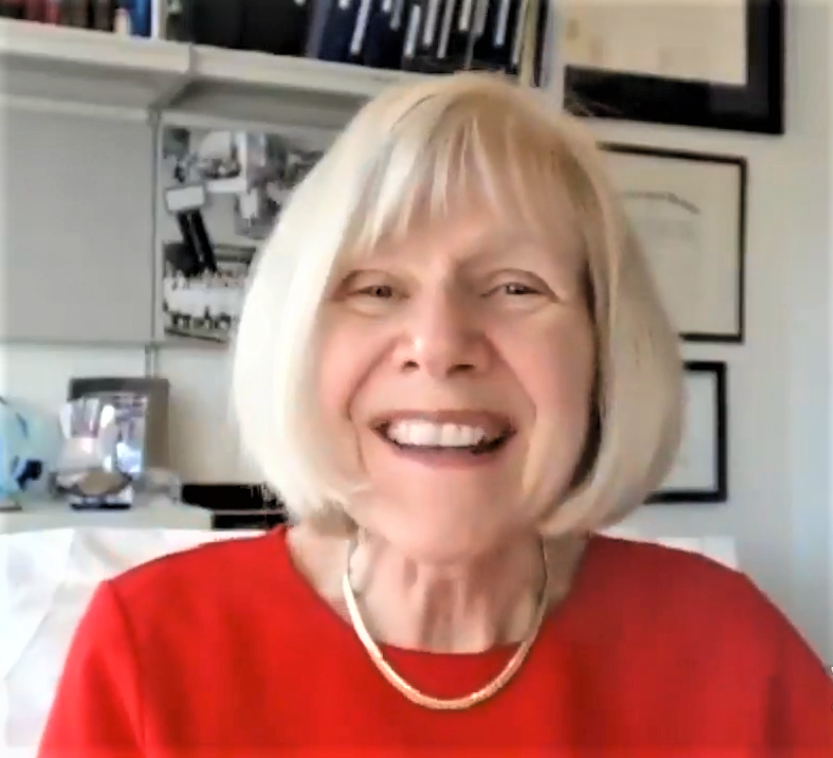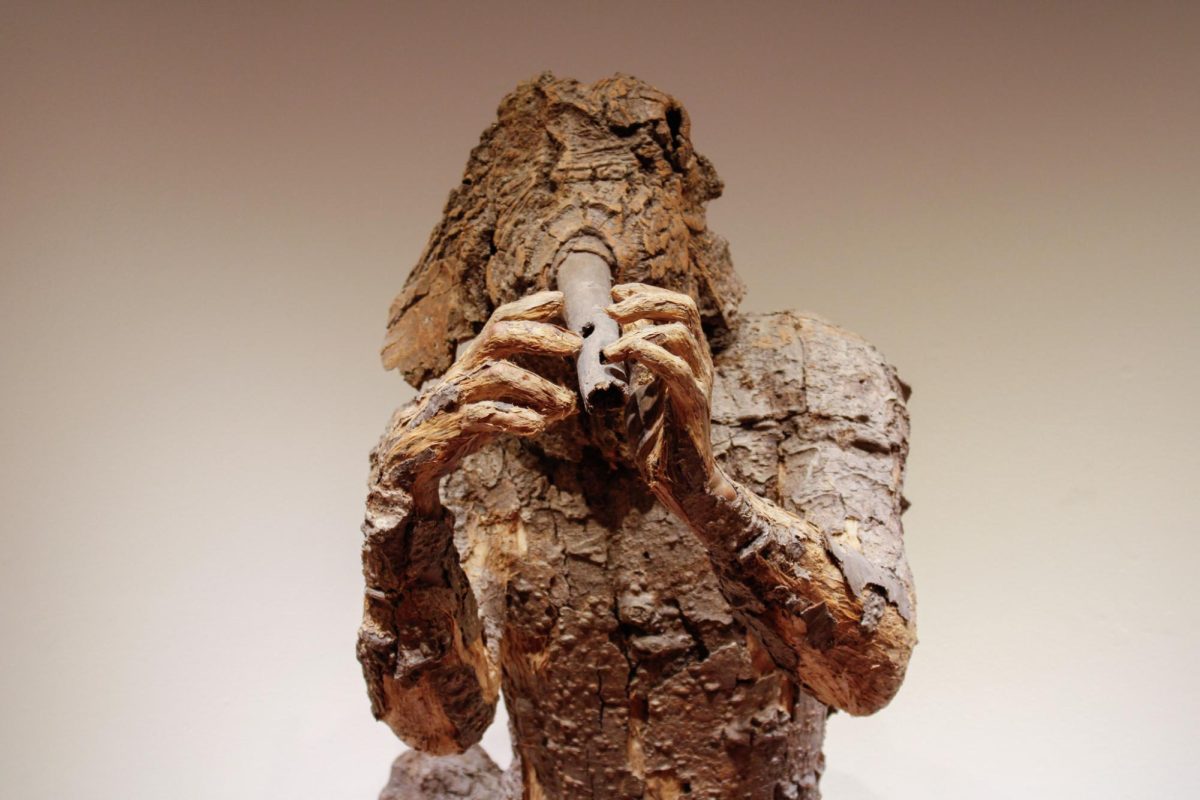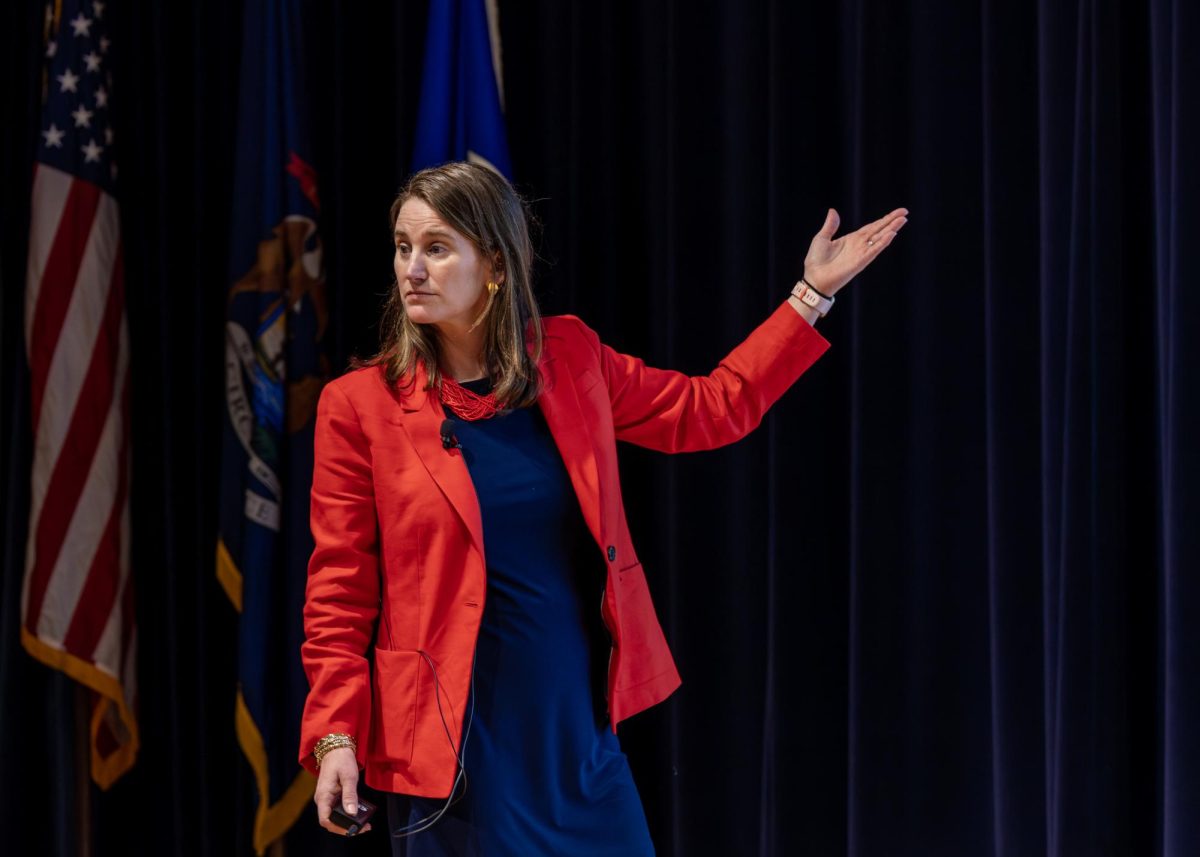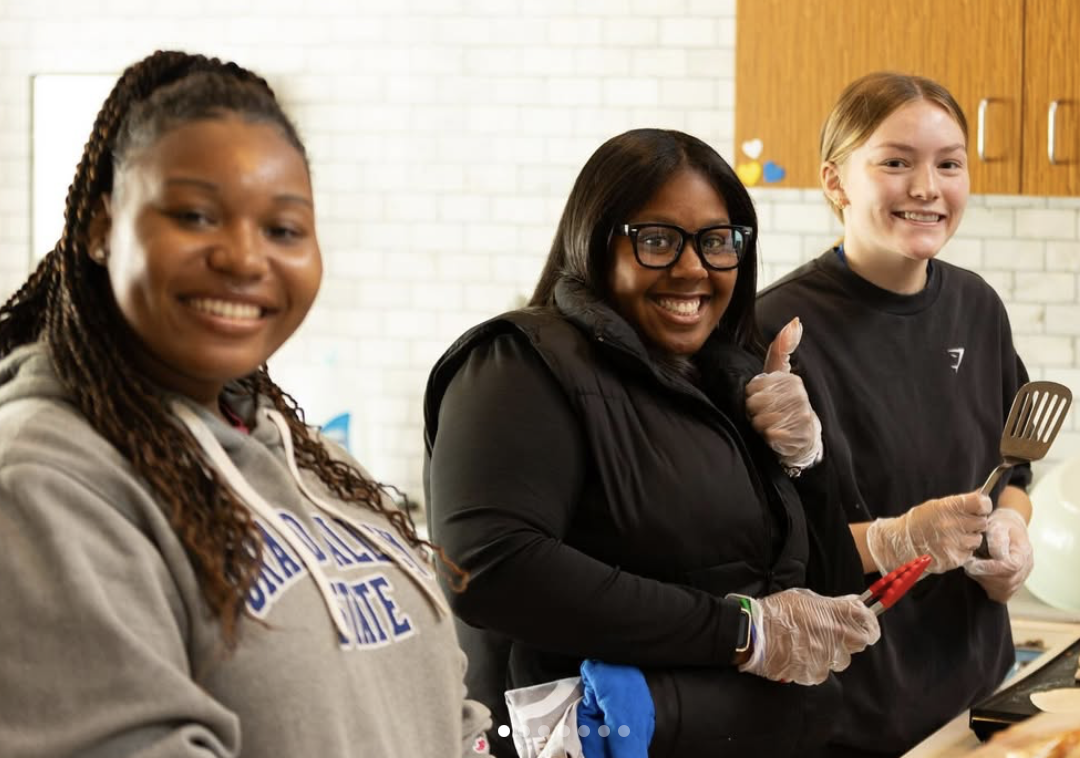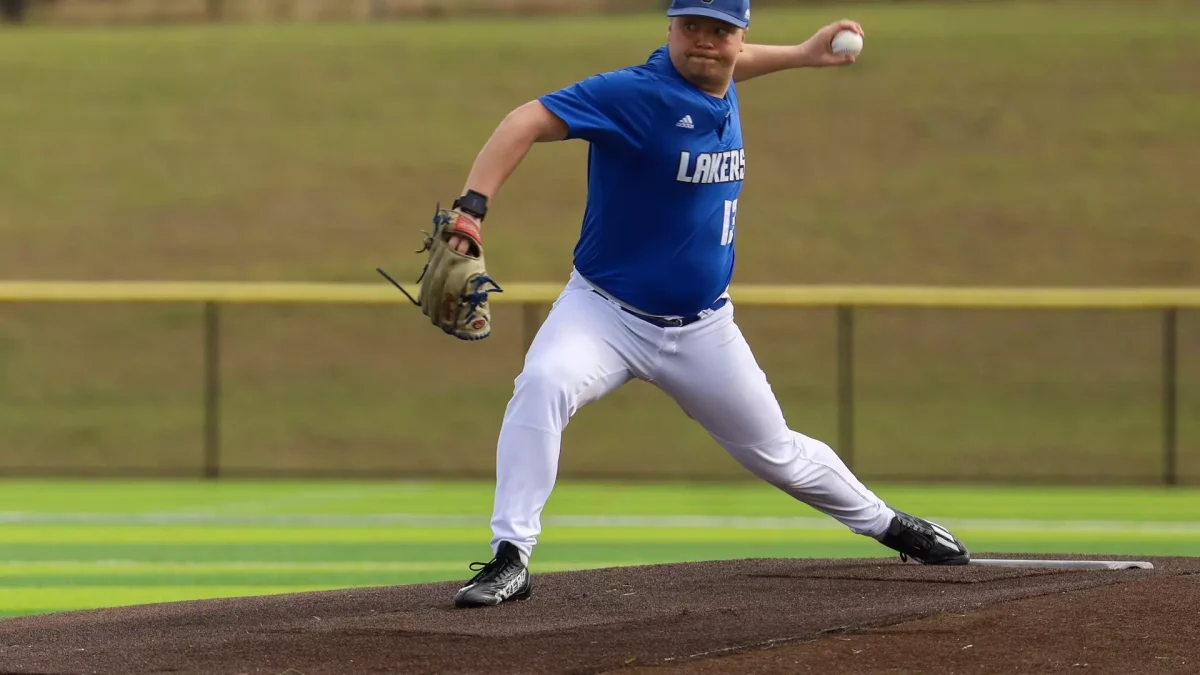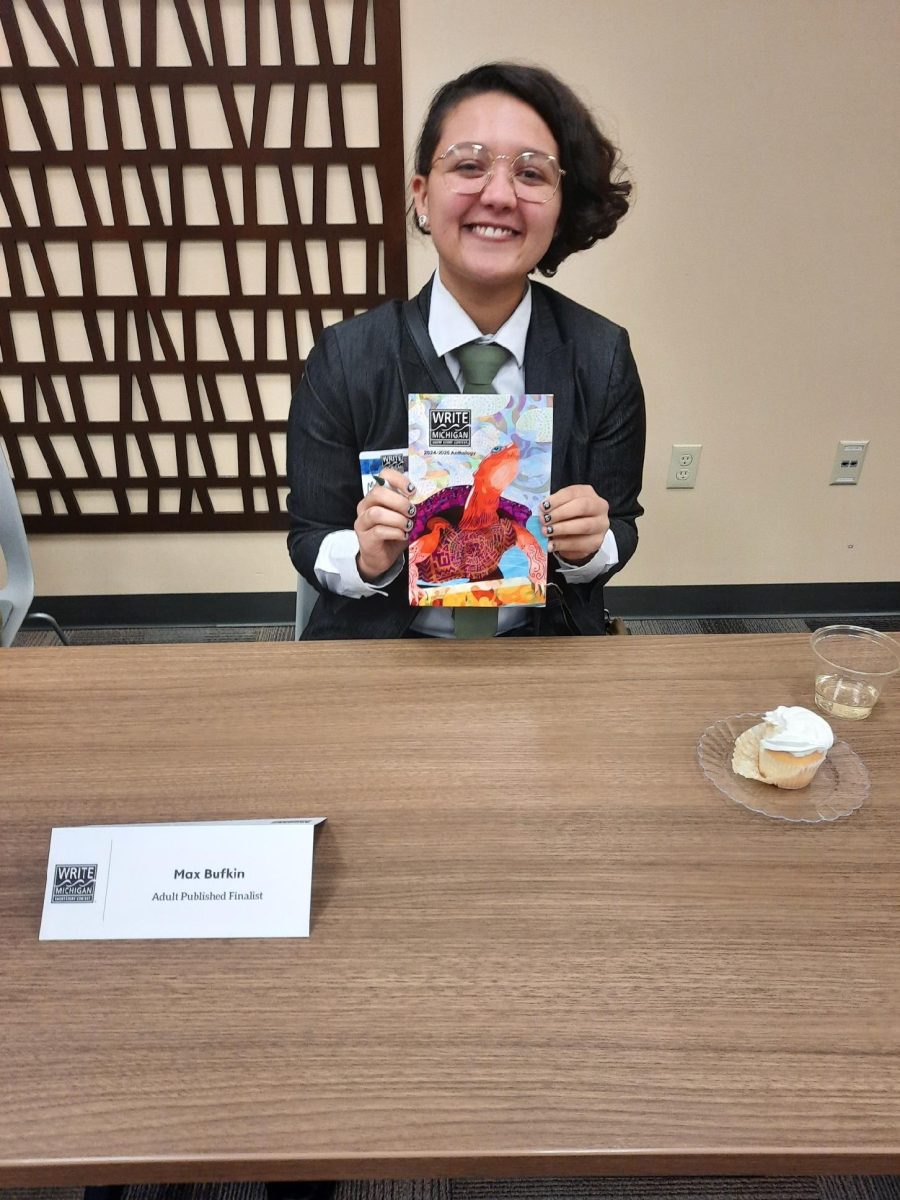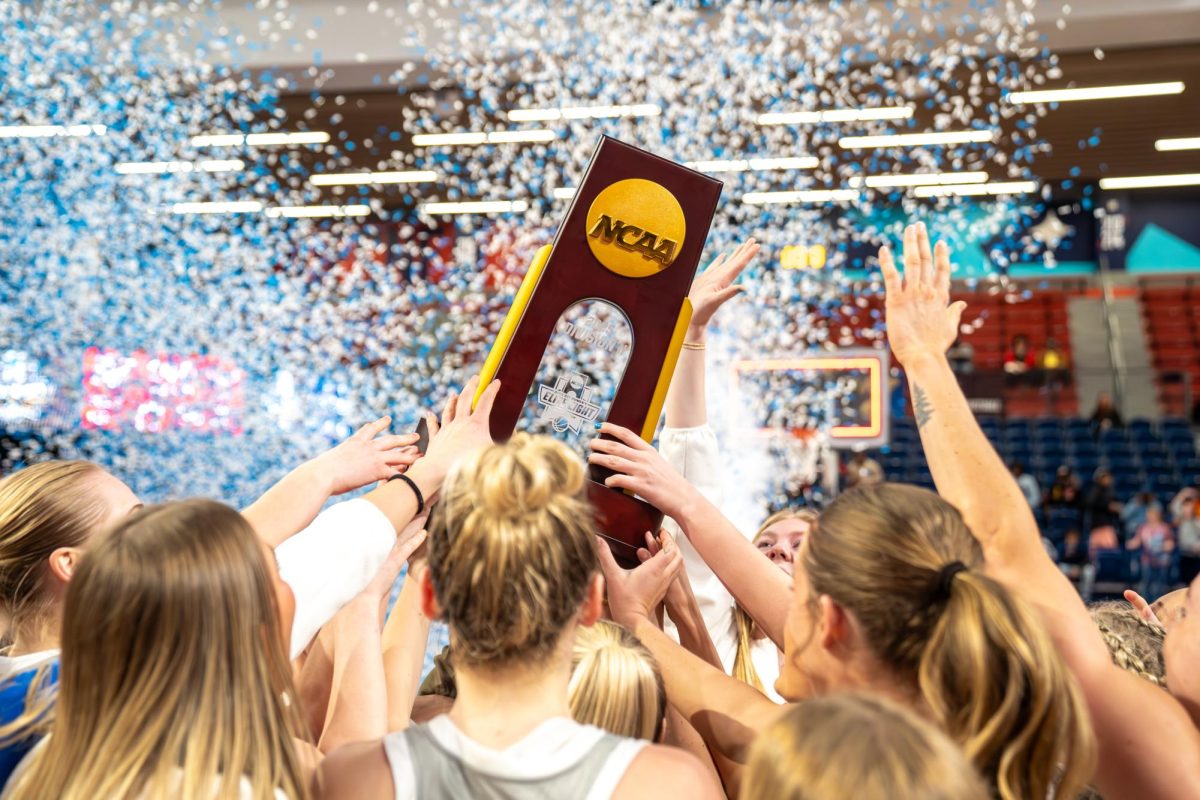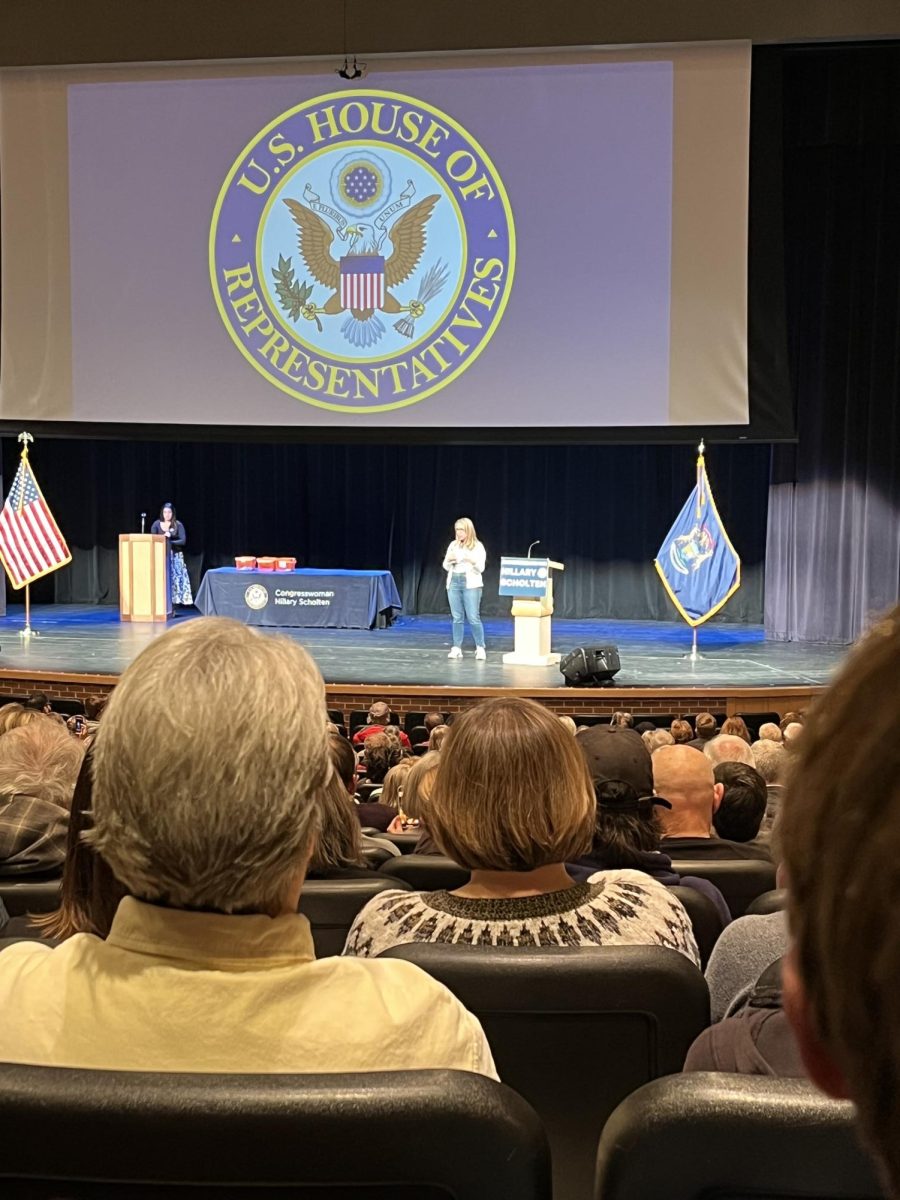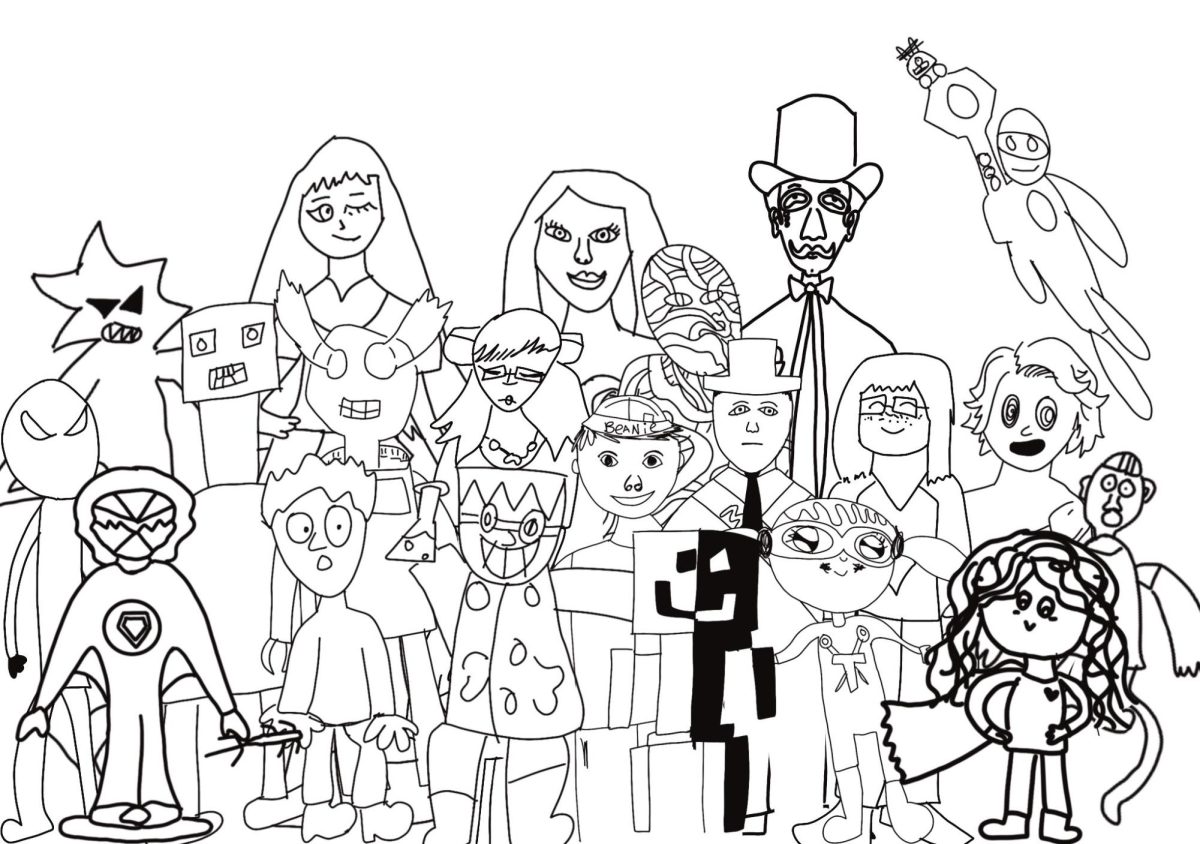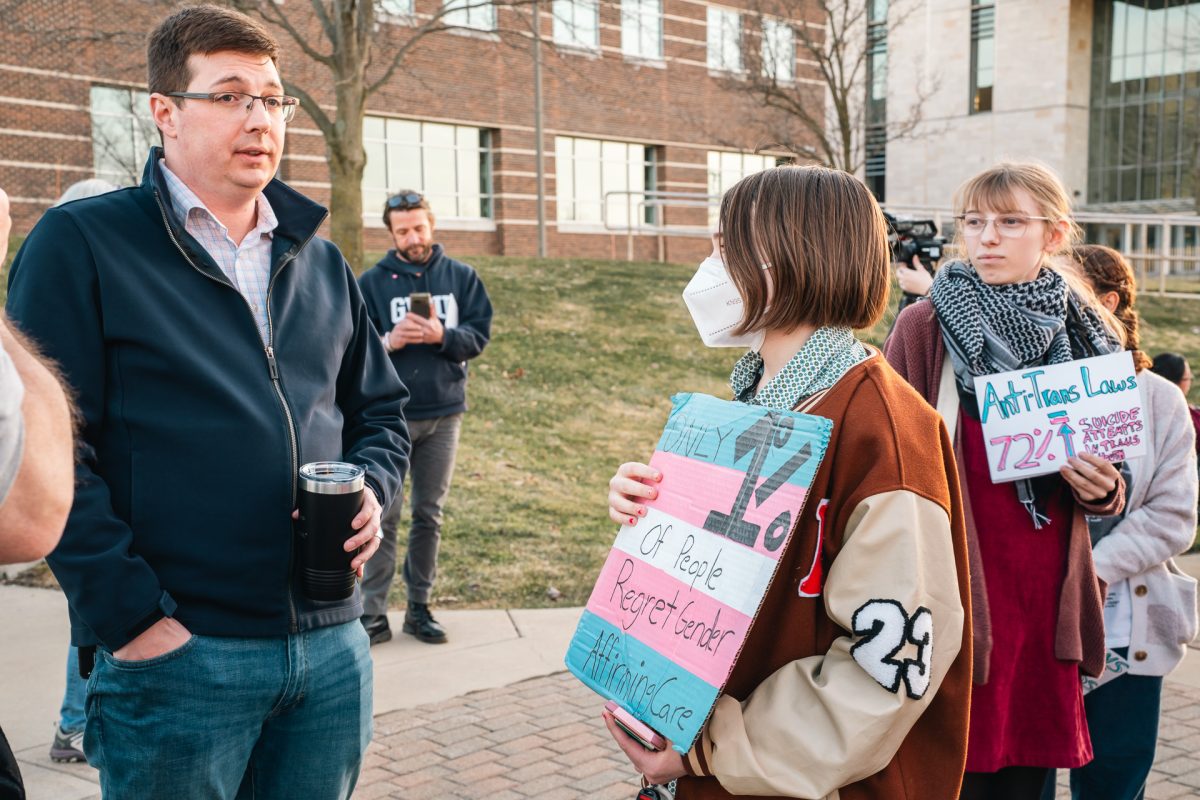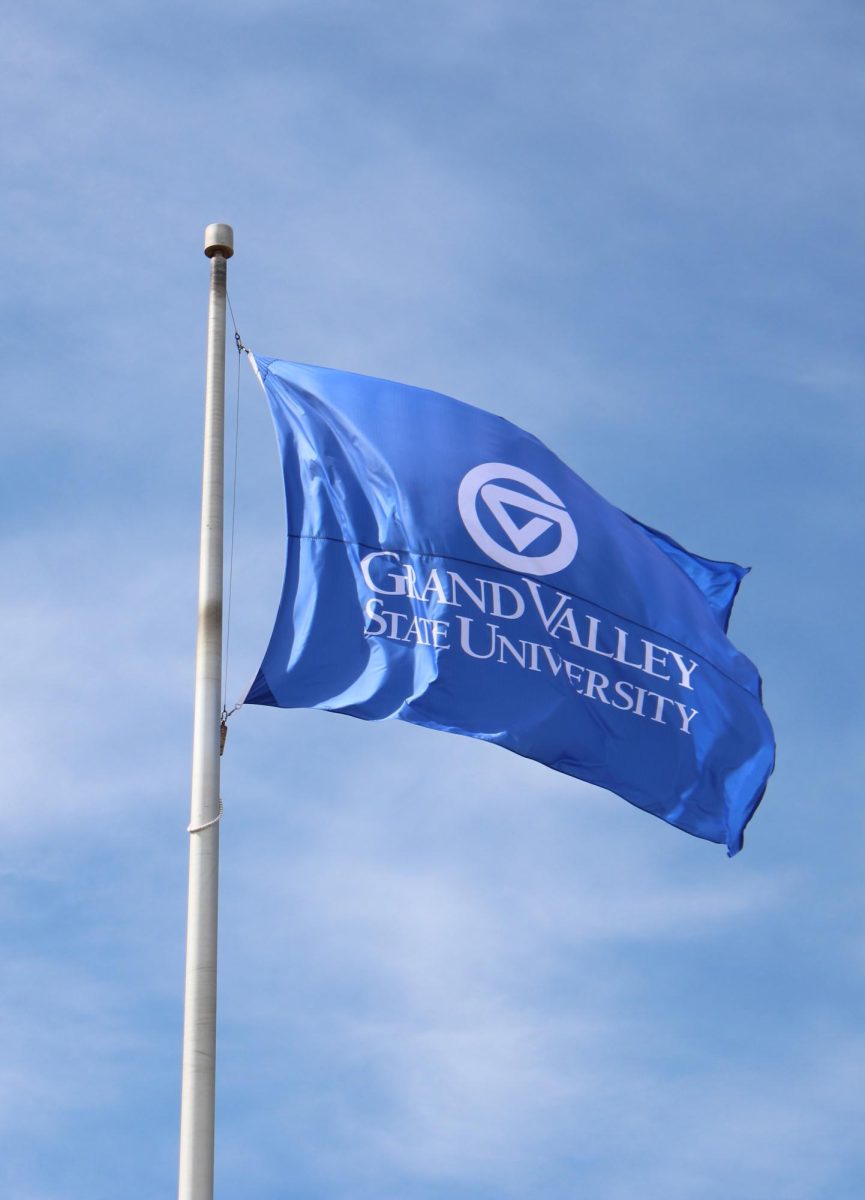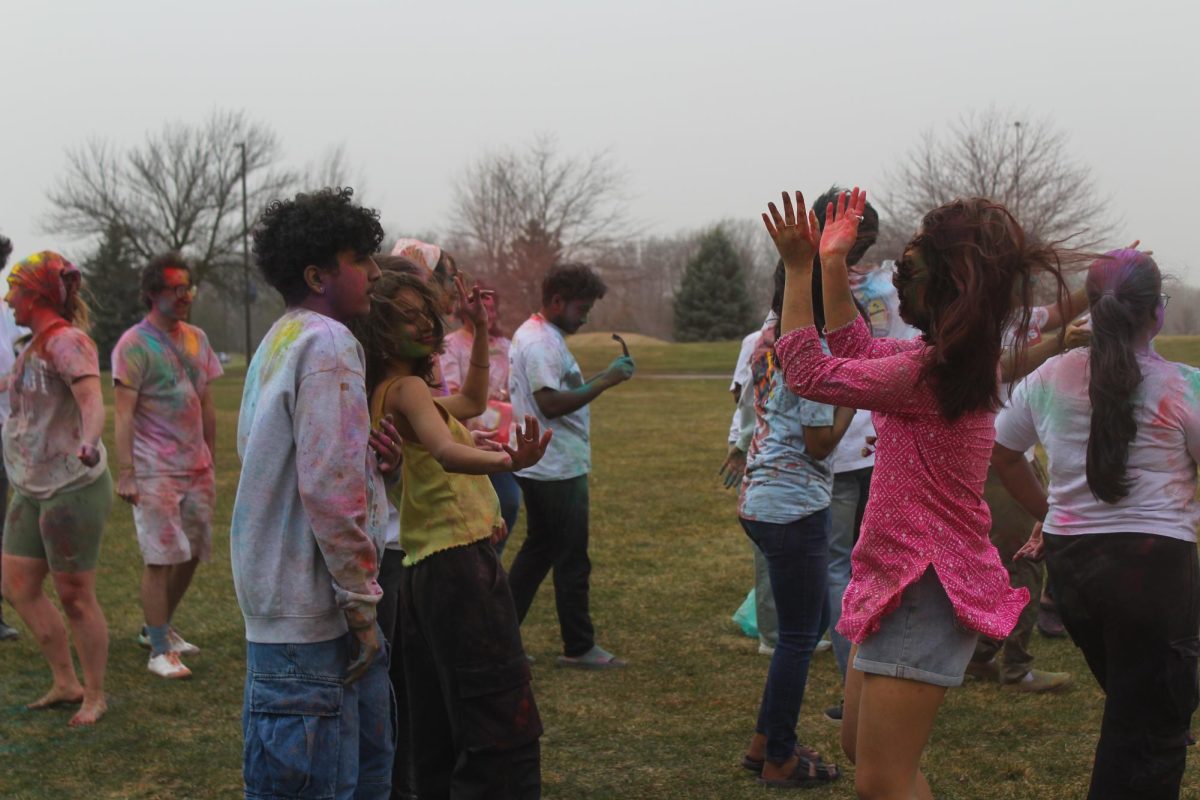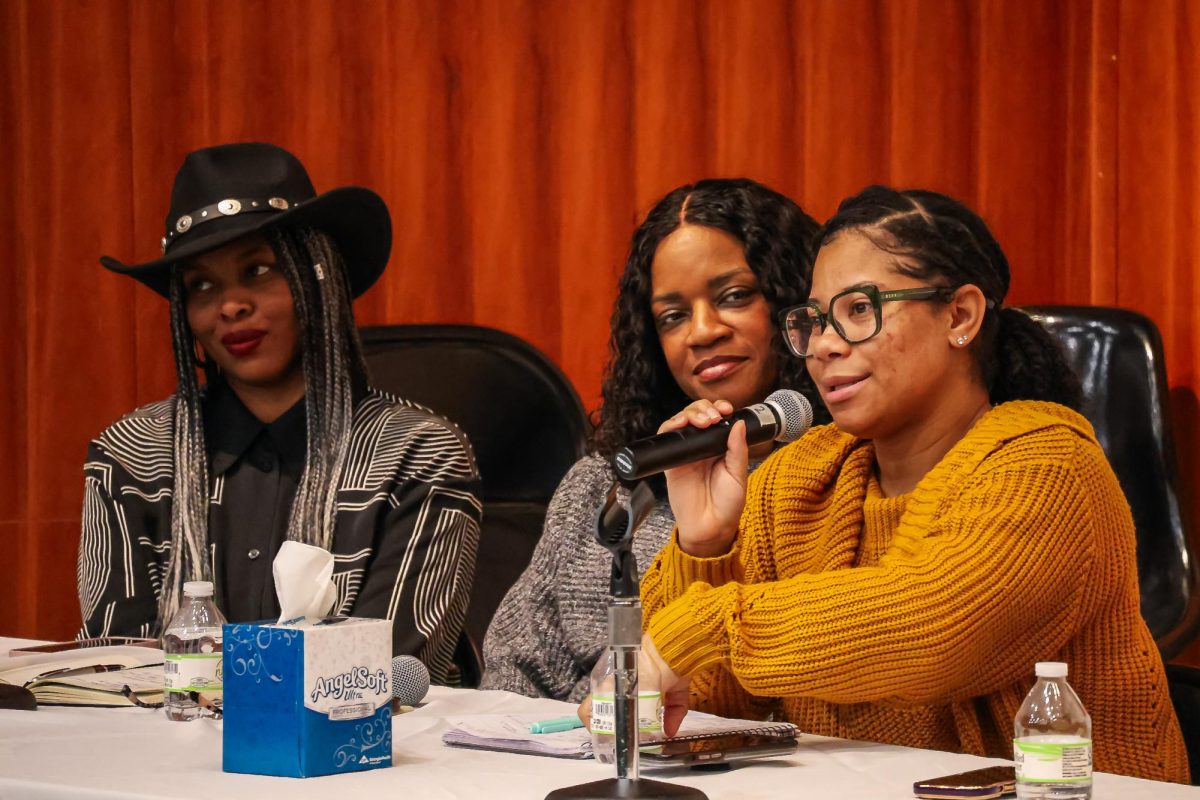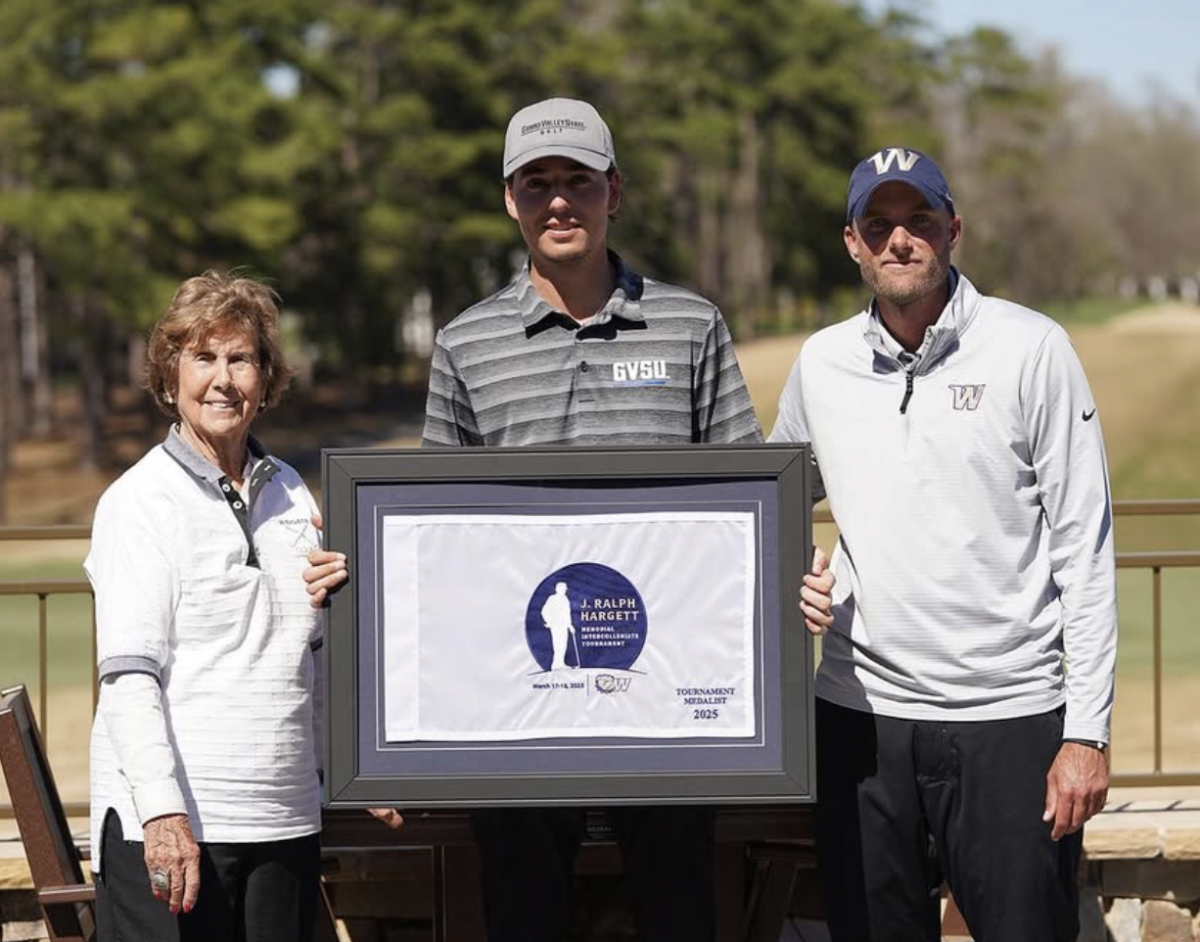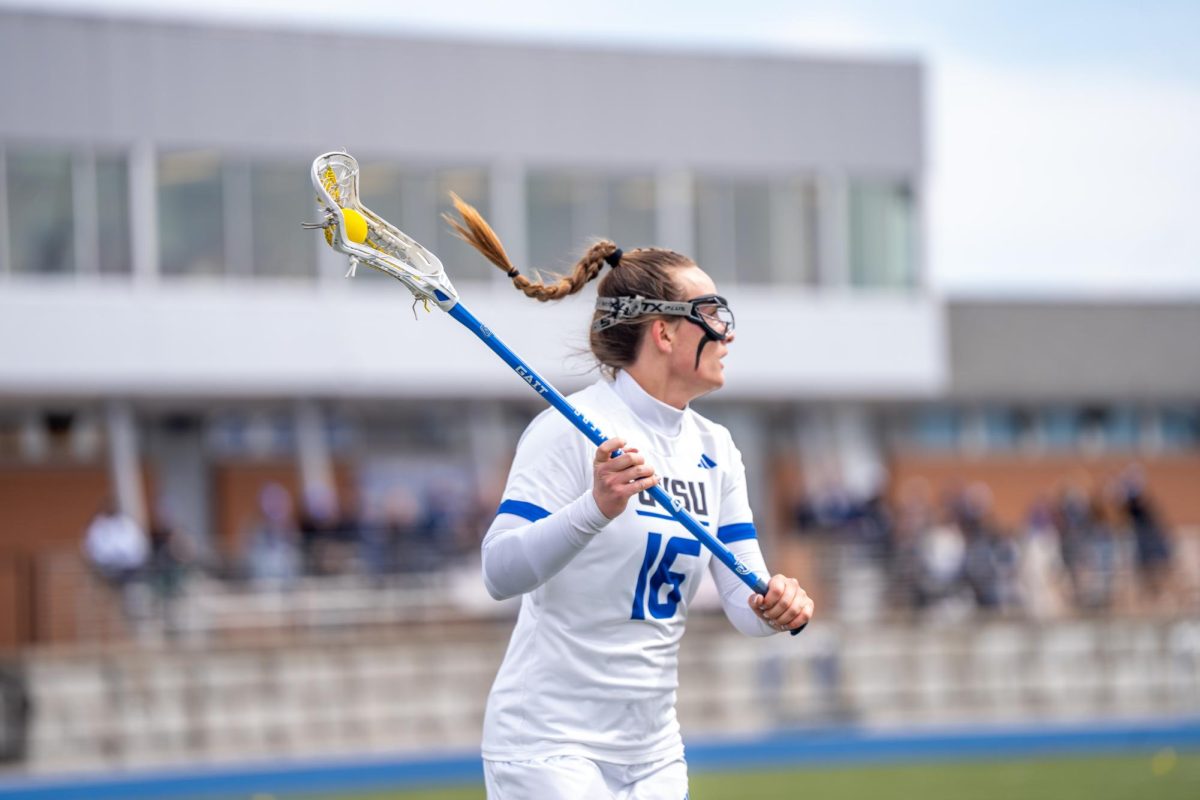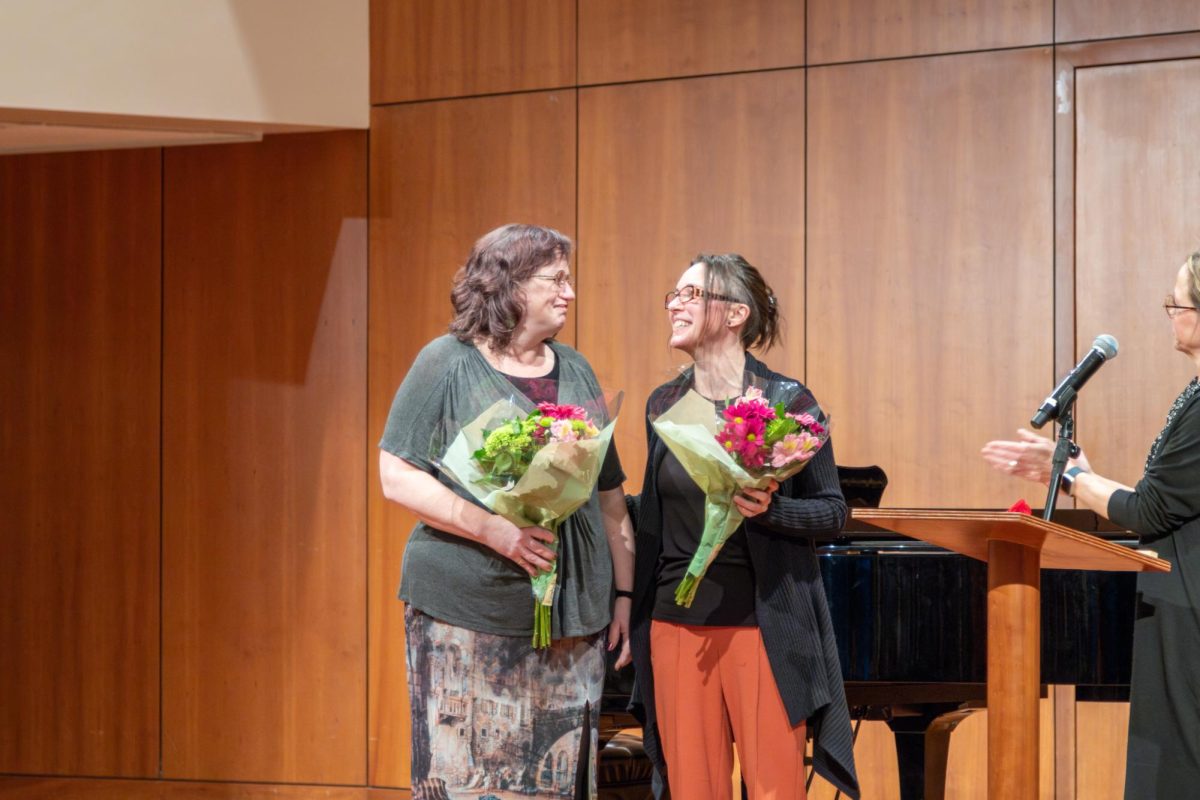Hauenstein hosts talk from Michigan Neurology leader
Oct 12, 2020
Every year, Grand Valley State University’s Hauenstein Center for Presidential Studies hosts a series of lectures called the Wheelhouse Talks, where community leaders share life lessons from their personal and professional experiences. Though the Wheelhouse Talks have had to go virtual alongside the rest of the Hauenstein’s fall schedule, they’ve still been a success thus far for the Presidential Studies Center’s Peter C. Cook Leadership Academy.
“This semester has come with new challenges and obstacles,” said Grace Tummel, Program Manager for the Cook Leadership Academy. “I am proud to say that these hurdles have not stopped the collective learning and relationship building between this year’s Peter C. Cook Academy Cohort. We have proven that even though our programming may look and feel a little bit different, we still have insights to gain, connections to make, and understanding to share.”
The Wheelhouse Talk hosted on Friday, Oct. 9 was a discussion led by Dr. Eva Feldman, a faculty member at the University of Michigan’s Department of Neurology.
“One of the first questions we are tasked to answer when applying to the Cook Leadership Academy is what leaders in society inspired us most,” said Erin Reasoner, a fifth year undergraduate student at Grand Valley and second year Fellow candidate at the Leadership Academy. “On my application, I wrote about Dr. Eva Feldman, my first lead investigator. I was continually struck by her level of individual attention and genuine compassion afforded to every member of the team — including her undergraduate interns.”
A physician scientist, Feldman currently sits as the director of the University of Michigan’s Pranger ALS Clinic, an ALS Center of Excellence, which strives to maximize quality of life for patients with the condition more commonly known as “Lou Gehrig’s Disease,” after the baseball player who was diagnosed with it in 1939.
“A physician scientist is someone who sees patients, which I do all day every Tuesday, and then also runs a laboratory of scientists who are asking translational questions with the goal to develop new therapies for the diseases that I see as a clinician,” said Feldman.
Much of the progress Feldman and her team has made in treating the diseases they study has been made through stem cell research, a field that was not available in Michigan when she started her career.
“We were one of only three states who could not do this research,” Feldman said. “So with a lot of sweat equity, we developed a constitutional amendment that was passed by the people of Michigan in 2008, allowing us to create embryonic stem cells.”
Stem cells originate from the human blastocyst on day five of an embryo’s development.
“Usually during in vitro fertilization, certain embryos are implanted into the woman, but the others are usually simply discarded or frozen,” Feldman said. “What this law allowed people to do is, if they wanted, donate their unused embryos after in vitro fertilization. We have cured many diseases because of this: new cures for cancer, we can engineer tissues and organs, we can do cellular replacement, as in ALS, something I am very passionate about.”
When working in Feldman’s clinical laboratory her freshman year of graduate school, Reasoner did similar research on another condition affecting a person’s nervous system.
“My research project in Eva’s lab centered around a condition known as diabetic neuropathy, which is just one of the many chronic neurological conditions that Dr. Feldman studies,” Reasoner said. “This type of translational research has become increasingly crucial in the face of COVID-19. Patients with pre-existing health conditions such as diabetes are often left most vulnerable to acute and long-term health complications from COVID infection.”
Feldman’s current research, like that of many other physician scientists around the globe, has been altered by the COVID-19 pandemic.
“We’re trying to understand where, when a patient comes to us with COVID and they have diabetes, their mortality is much higher and their morbidity, meaning their long term outcomes, are poorer,” Feldman said. “We actually received a grant just this week from the National Institute of Health to continue that work, establishing a post-COVID diabetes clinic. It’s clear to us that probably one out of five people who’ve have COVID have had some kind of long term sequelae, so while the death rate is low, the chronic complications of COVID are very real.”
Feldman is also concerned that COVID-19 increases the risk of burnout at all levels.
“There needs to be a beginning and end to your workday, and I see because of COVID that since work and home life is blended, the young people that I mentor and take of have no division anymore between work and family and home, and I’m very concerned about that,” Feldman said. “Please, please distinguish your passion about your goals, but you need to be equally passionate about your personal life.”
Feldman has seven principles she uses to achieve goals in her own career: be proactive, begin with the end in mind, put first things first, think win-win, understand then be understood, leave time for you and family/friends, and find your voice and inspire others to find theirs.
“I really do think there’s enough success for everyone,” Feldman said. “It takes integrity, maturity, and an abundance mentality. Every person on your team is equally important as the next. A good team has a level playing field. You will be most successful if your mentees and colleagues are successful.”
For those who missed the live event, a full recorded version of the Wheelhouse Talk featuring Dr. Feldman is available on the Hauenstein Center’s Facebook page.





